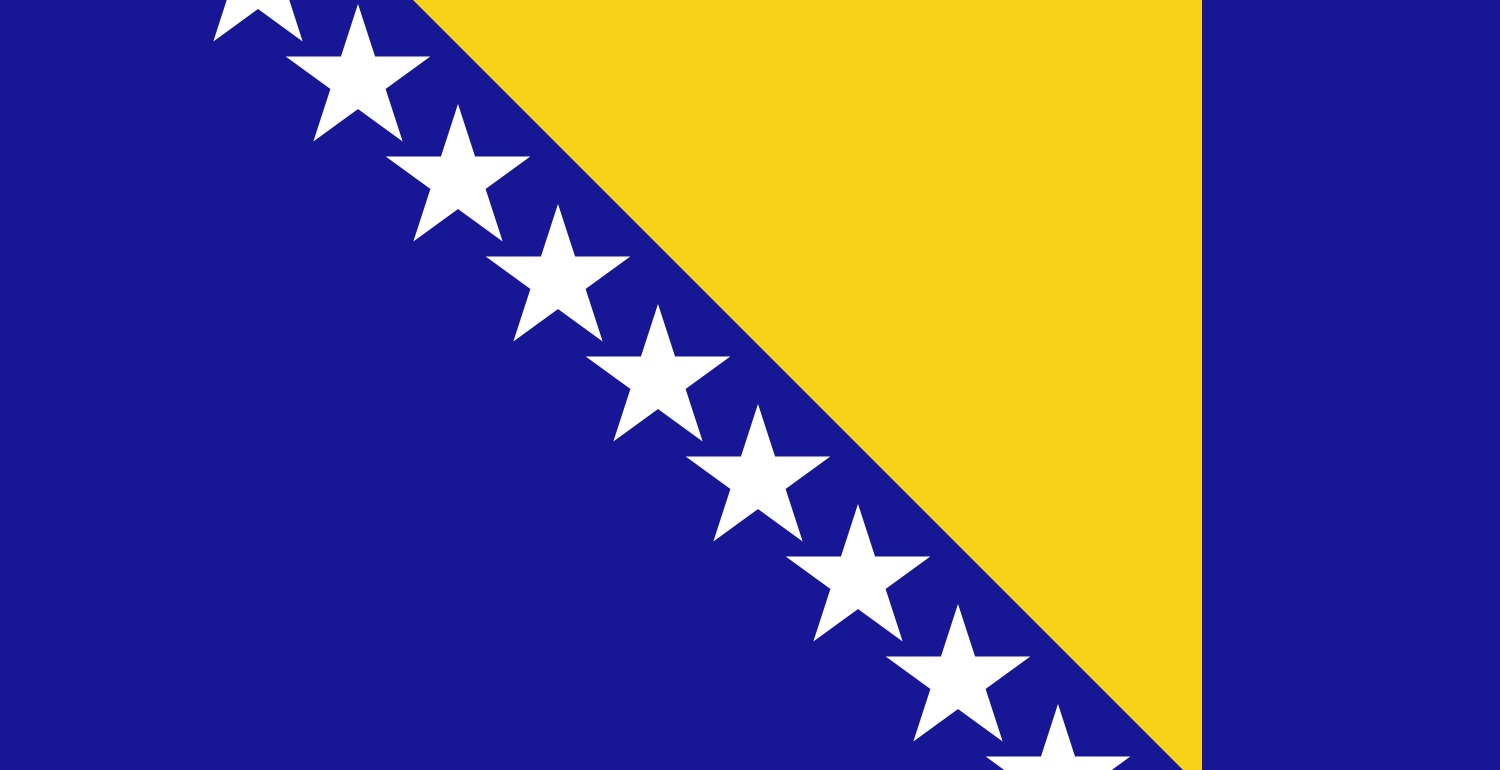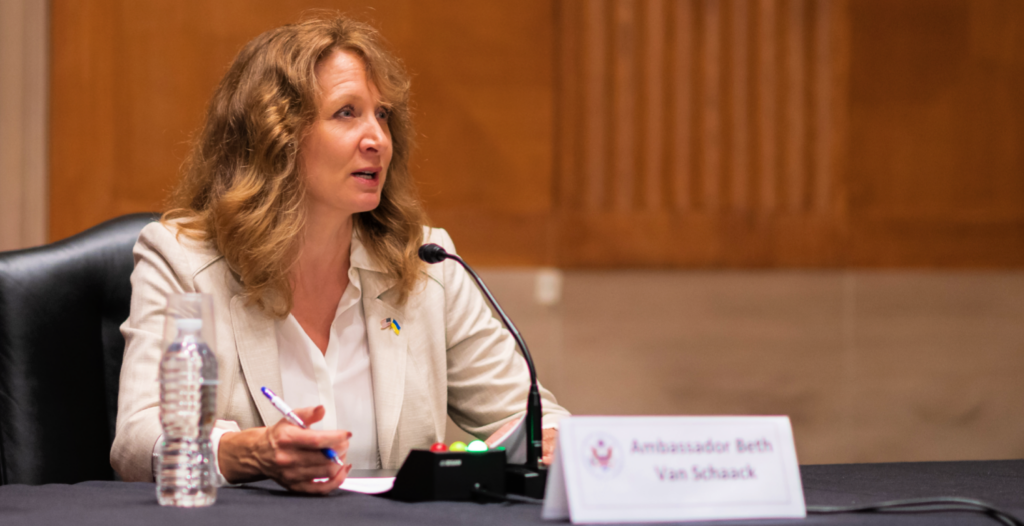There has been insufficient progress in implementing the Dayton Agreement, according to members of the Commission on Security and Cooperation in Europe (the Helsinki Commission) regarding Bosnia’s future under the agreement which, in late 1995, ended almost four years of conflict in that country, marked by aggression and ethnic cleansing.
The hearing witnesses called for the arrest and prosecution of those indicted for war crimes, crimes against humanity, and genocide, including Bosnian Serb extremist leader Radovan Karadzic, his military sidekick Ratko Mladic and Yugoslav President Slobodan Milosevic, the mastermind of the conflict.







